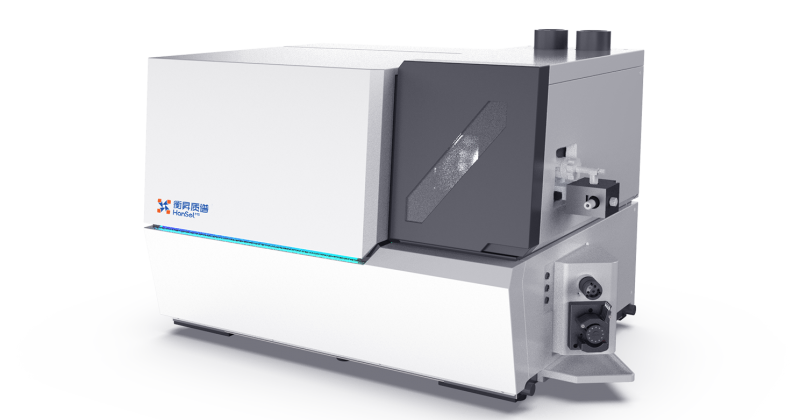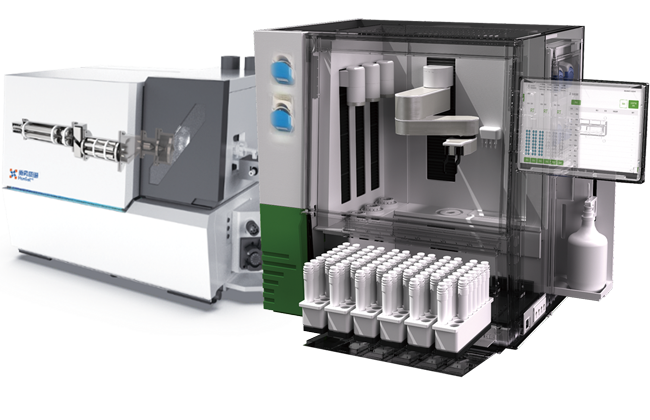Application Preface
Cosmetics are widely used products in daily life, and their quality and safety directly affect consumers’ health. With increasing attention to cosmetic safety, heavy metal contamination has become a focal point of industry regulation and consumer concern. Metal elements may originate from raw materials, production processes, or packaging materials, and excessive levels can pose hazards to human health. Certain metal elements, such as lead (Pb), mercury (Hg), cadmium (Cd), and arsenic (As), can cause severe harm to human health when exceeding safe limits. For example, lead may cause neurological damage, mercury can affect the kidneys and nervous system, cadmium is carcinogenic, and arsenic may lead to skin lesions and cancer. Long-term exposure to these harmful metals increases the risk of chronic poisoning, particularly posing greater dangers to pregnant women, infants, and sensitive populations. Therefore, the detection of metal elements in cosmetics is of utmost importance. Many countries and regions around the world have established limits for metal elements in cosmetics. For instance, the EU Cosmetics Regulation (EC 1223/2009) strictly restricts heavy metal content, the U.S. FDA regulates lead levels in certain cosmetics, and China’s *Cosmetic Safety Technical Standards* imposes limits on multiple harmful metal elements. The detection of metal elements in cosmetics primarily employs techniques such as atomic absorption spectrometry (AAS), inductively coupled plasma mass spectrometry (ICP-MS), and inductively coupled plasma optical emission spectrometry (ICP-OES). Atomic absorption spectrometry (AAS) is suitable for detecting trace metal elements like lead and cadmium, while inductively coupled plasma mass spectrometry (ICP-MS) offers higher sensitivity and accuracy, enabling the detection of ultra-trace metal elements. Through scientific testing and strict regulation, the risk of metal contamination in cosmetics can be minimized, ensuring consumers can safely use various beauty products. This paper refers to China’s *Cosmetic Safety Technical Standards* and uses the iQuad 2300 to detect four metal elements—lead, arsenic, mercury, and cadmium—in loose powder and lipstick.
Conclusions of the Article
With its unique hexapole collision reaction cell, the iQuad 2300 not only offers advantages of high sensitivity, low detection limits, and a wide dynamic range but also effectively removes most interfering ions, providing a reliable technical support for the accurate quantification of trace and ultra-trace metal elements in cosmetics. Experimental results show that this method can effectively overcome the interference from complex cosmetic matrices while enabling efficient simultaneous detection of multiple elements (such as lead, mercury, arsenic, cadmium, etc.). The precision of detection results and the standard addition recovery rates (85%–103%) both meet the requirements of international standards. Compared with traditional atomic absorption spectrometry (AAS) or atomic fluorescence spectrometry (AFS), ICP-MS demonstrates significant superiority in detection efficiency and data accuracy, especially suitable for cosmetic quality and safety control under the increasingly strict regulatory limits. The standard detection process established through this method not only provides a scientific basis for manufacturers to optimize raw material selection and production processes but also lays a technical foundation for regulatory authorities to strengthen market supervision and protect consumers’ health rights. In the future, with the further development of instrument automation and hyphenation technologies, the application potential of ICP-MS in cosmetic safety evaluation will be further enhanced, driving the industry toward a more precise and transparent direction.





